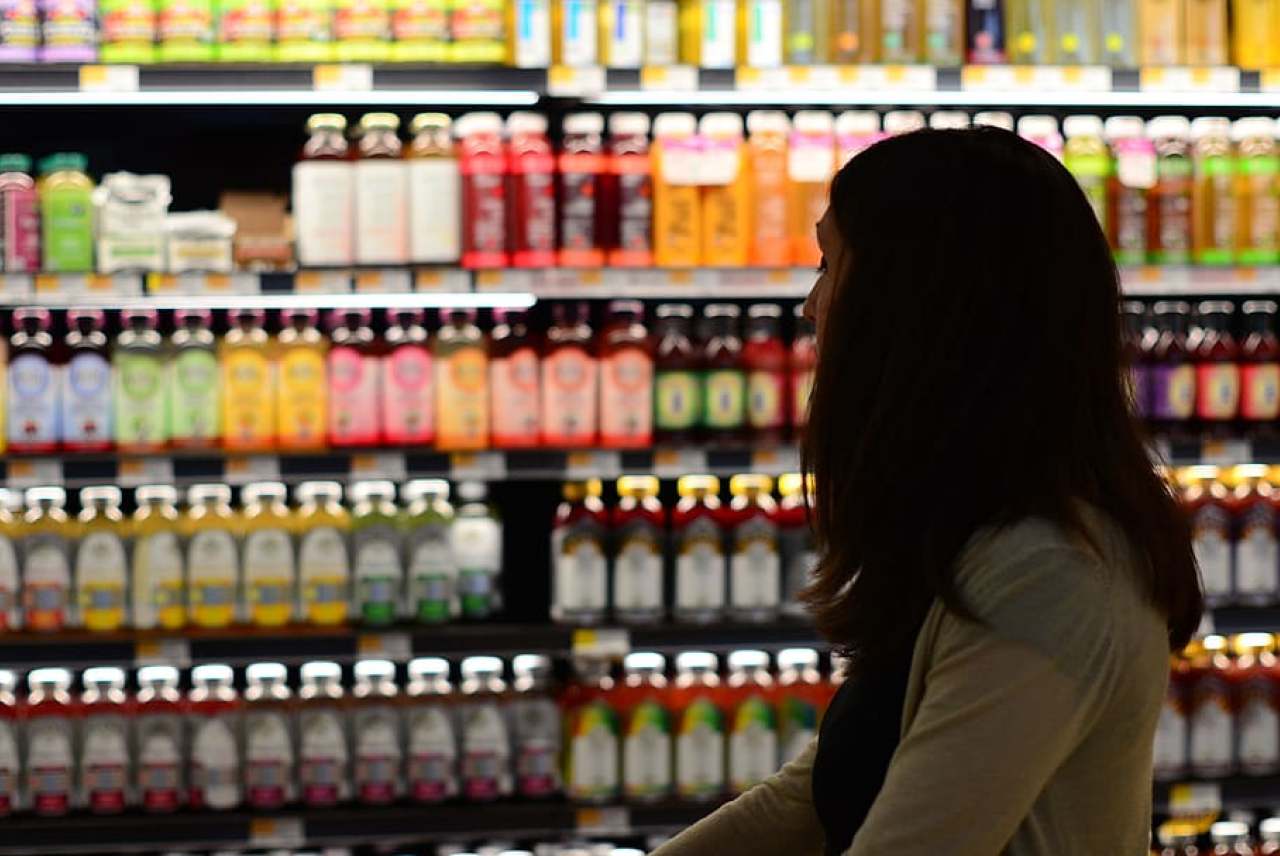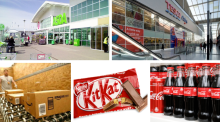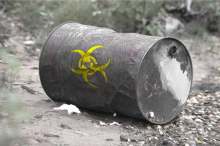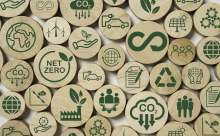It's there on the screen in front of you, a triumph of design and the latest cutting edge technology, fused together into the next must-have gadget, and for good measure, it has an eco-label. You click confidently through to the checkout, your conscience (and soon your bank balance) is clean.
But does that label tell you the whole story? What do you really know about this product? What do you know about the brand that makes it? What, if anything, do you know about the company behind the brand?
You see it’s not just the item itself that’s important when looking at what makes a product unethical or ethical. It’s about what’s happened to get that product in front of you and where your hard-earned cash goes once it leaves your account.
This article will discuss some of those issues and how Ethical Consumer can help you look behind the brand, with examples from the tech, fashion and online retail sectors.
Unethical technology products and brands
The 'black mirror' in front of you hides a collection of parts which come from all corners of the globe and are made of numerous precious metals, plastics, alloys and an array of other elements.
How these individual parts come to be in your device, is a large part of what makes a tech product ethical, or not.
For example, in the technology sector many of the metals needed to make the component parts come from the Democratic Republic of Congo (DRC). This country has been plagued by conflict for many years, a conflict funded in part by the profits from mining the metals that go into our electronic devices. Do you know if your device contains parts whose trade has funded a brutal civil war? How can you know if your device is ethical or not?
How about the manufacture of your device, the process whereby all the individual component parts are assembled to make the device you see in front of you. Was it manufactured in a factory that pays low wages, bans trade unions and makes workers toil over 60 hours a week?
You might also consider how much energy it uses, whether it's possible to fix the product if it breaks, how recyclable it is and how long its likely to last.







